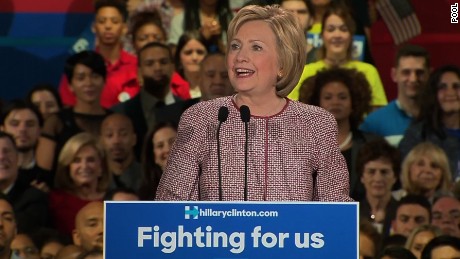
Trump’s Baffling Remarks: Does He Understand the Value of the Western Alliance?
(Japan) on 5 April 2016
by Jun Sakurada (link to original)
In an interview with The New York Times, Republican front-runner Donald Trump made clear that, should he become president, he would withdraw forces from Japan if the country did not increase its contributions to maintain them. Trump additionally expressed his approval for Japan building its own nuclear arsenal to protect itself against China and North Korea.
Although Trump’s remarks bewilder the Japanese government and the Japanese public, it is likely that some, especially those with right-wing leanings, will be receptive.
For those who believe that Japan was under U.S. subordination for an extended amount of time after World War II, Trump’s remarks may suggest an escape from that status and independence from the United States.
To begin with, there are three requirements that have come to be considered necessary to prove Japan’s independence from the U.S. They are constitutional reform, nuclear arms, and reconsideration of Japan’s alliance with the U.S., including U.S. forces stationed in Japan.
First, when it comes down to it, Japan decides the success or failure of a constitutional reform. Although the current constitution may have been established while Japan was under U.S. occupation, the Japanese citizens were the ones who chose not to alter it after reconciliation and independence were achieved.
It is not right to shift the blame of failed reforms onto the U.S. since the U.S. government has not explicitly hindered reforms to Japan’s constitution. Shifting the blame contradicts the fact that Japan is a separate nation from the U.S.
Argument of Independence Is Too Easy
Next, it is simply naive to think that things will work out if Japan arms itself with nuclear weapons.
Before nuclear weapons and their like can exist, there are many other aspects the military needs to consider, such as the general organization of its forces and the means of gathering information.
The idea also does not seem to be consistent with foreign policy that has been developed as a result of Japan being the only country victimized by nuclear bombing. Such developments would be wasted should the easy option of nuclear armament be selected.
This also leads to the question that if nuclear weapons define a country’s independence, then do countries that do not possess nuclear weapons, like Germany and Australia, lack independence?
Further, if the alliance with the U.S. is to be reconsidered, we must determine whether it will be toward the strengthening or weakening of ties.
If the alliance is to be weakened, we must next ask if Japan will ensure its security against China, North Korea or even Russia on its own.
Though the desire to protect one’s country is only natural, protecting it without any assistance is not feasible as international politics stand today.
Should this path toward weakening ties with the U.S. be taken, it could gain the approval of not only nationalists but also of left wing members.
However, as China continues to step up its maritime invasions in the western Pacific Ocean, Japan might find itself trading its dependence on the U.S. for dependence on China if it begins weakening its U.S. alliance. These are the reasons why we cannot simply believe in the argument that supports Japan’s independence from the U.S.
On the other hand, even if Japan reforms its constitution and becomes a “normal” country, it is likely that Japan will continue to play a part in the Western alliance network where the U.S. plays a key role. This is an extreme example of how U.S. ties might be strengthened by reconsidering the alliance. As the security bill that was enacted last year strengthens the U.S.-Japan alliance, it is indeed likely that a large portion of the Liberal Democratic Party, including Prime Minister Shinzo Abe, is in favor of strengthening these ties.
Loss of International Order
What is most baffling about Trump’s remarks is that they seem to suggest that he does not fully understand the value of the aforementioned Western alliance network. Although he repeatedly emphasizes the burden of such a network, it is unclear how he views its economic advantages and other benefits.
If what Trump says should become reality, there will be no foundation for the strong America that he advocates to stand on, and the conditions for making America great again, which he may think a matter of course, become doubtful. He does not seem to understand that the responsibilities and burdens America has in being a part of foreign affairs are inseparable from its foreign influence.
Therefore, it is the author’s belief that anticipating Trump’s election and attempting to take advantage of it is an exceedingly unwise decision.
Should Trump not alter his stance on these issues, instead of giving Japan the opportunity to become independent from the U.S., his election would offer a confusion of the entire international order.

